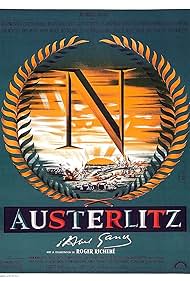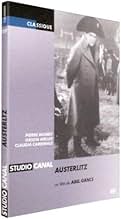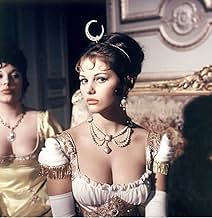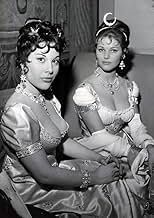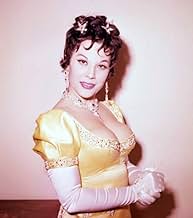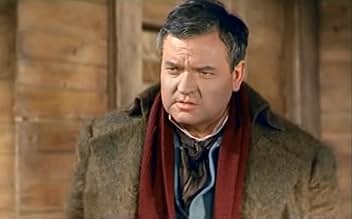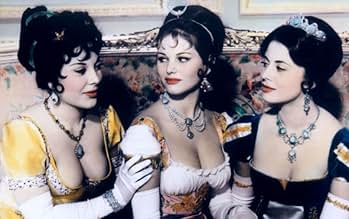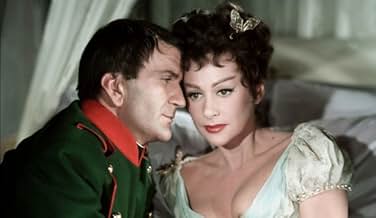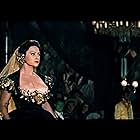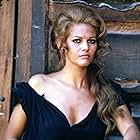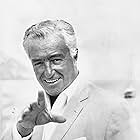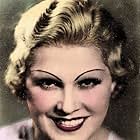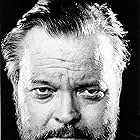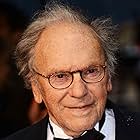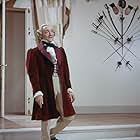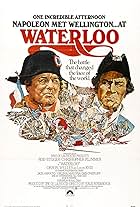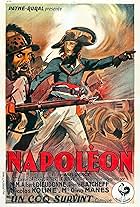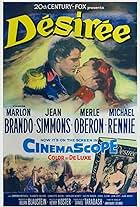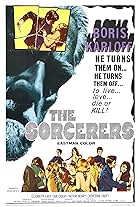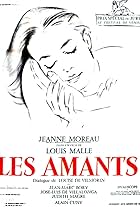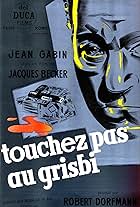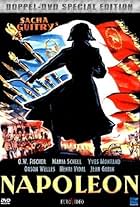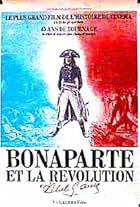Another of Napoleon's adventures in this epic reconstruction of the battle of Austerlitz, where he had the greatest victory of his career, over the Russians.Another of Napoleon's adventures in this epic reconstruction of the battle of Austerlitz, where he had the greatest victory of his career, over the Russians.Another of Napoleon's adventures in this epic reconstruction of the battle of Austerlitz, where he had the greatest victory of his career, over the Russians.
- Awards
- 1 nomination
- Director
- Writers
- All cast & crew
- Production, box office & more at IMDbPro
Storyline
Did you know
- TriviaIn the 1920s Abel Gance had written a six-part movie biography of Napoleon. He shot the first part (Napoleon (1927)), which turned out to be a financial disaster. He sold the sixth part to Lupu Pick, who shot Napoleon auf St. Helena (1929). Wanting to make a comeback at the end of the 1950s, Gance rewrote the third part to make it "Austerlitz".
- GoofsIn the scene in William Pitt's office in London which is set in the early 1800's, you can see in the background through the window the Houses of Parliament and Big Ben, 60 years before they were built.
- Alternate versionsThe original French version runs longer than the English dubbed international one. It contains extra scenes including ones with Napoleon visiting his mistress and of Ségur (Jean-Louis Trintignant) imagining the coronation of the emperor for the palace staff.
- ConnectionsEdited into Histoire(s) du cinéma: Seul le cinéma (1994)
Featured review
This movie is a huge disappointment. You'd expect the battle of Austerlitz to be the core subject as the title suggests, but it's not. Most of the movie is about the Napoleonic era before the battle, with a pseudo historic perspective. If you know just a little about history, you'll find yourself yawning most of the time, as Abel Gance tries to describe the situation for hours, through endless dialogs. Then when Napoleon is about to be crowned, you think: oh no, not another half hour just for that scene. Fortunately there's no coronation scene, but.. worse: it's told! You guess correctly: Gance didn't have the budget to do it. He might as well just skipped the whole episode.
By then you've waited more than 2 hours and still no battle in sight. At last the battle comes but what you see is a tragic waste. The tactics and whereabouts of the battle are not shown but told, and you can hardly understand what's going on. A cavalry charges from right to left (a couple hundred horses), and you assume it's the Austrian cavalry. Then you're told that they're defeated by the French, and you see the same guys charging from left to right (they don't even seem to have switched costumes). Parts of the battle were filmed in studio, with ridiculous painted backgrounds. The close combat scenes are unrealistic at best. Soldiers fall apparently for no reason, and if nobody told you about the outcome, you wouldn't know who won or lost. The last scene with the French Army singing the national anthem completes the cinematographic disaster.
All in all, you sit back with the feeling that this movie was conceived and shot in the early days of movie making, not in 1960: it's not a movie about Austerlitz, it's the pathetic attempt of an aging man trying to describe the glory of an emperor he admired. The result is a boring picture that doesn't even enhance our historic understanding of the Napoleon era (in spite of Gance's attempts to stick to some historic details).
By then you've waited more than 2 hours and still no battle in sight. At last the battle comes but what you see is a tragic waste. The tactics and whereabouts of the battle are not shown but told, and you can hardly understand what's going on. A cavalry charges from right to left (a couple hundred horses), and you assume it's the Austrian cavalry. Then you're told that they're defeated by the French, and you see the same guys charging from left to right (they don't even seem to have switched costumes). Parts of the battle were filmed in studio, with ridiculous painted backgrounds. The close combat scenes are unrealistic at best. Soldiers fall apparently for no reason, and if nobody told you about the outcome, you wouldn't know who won or lost. The last scene with the French Army singing the national anthem completes the cinematographic disaster.
All in all, you sit back with the feeling that this movie was conceived and shot in the early days of movie making, not in 1960: it's not a movie about Austerlitz, it's the pathetic attempt of an aging man trying to describe the glory of an emperor he admired. The result is a boring picture that doesn't even enhance our historic understanding of the Napoleon era (in spite of Gance's attempts to stick to some historic details).
- How long is The Battle of Austerlitz?Powered by Alexa
Details
- Release date
- Countries of origin
- Language
- Also known as
- Austerlitz - Glanz einer Kaiserkrone
- Filming locations
- Production companies
- See more company credits at IMDbPro
Box office
- Budget
- $4,000,000 (estimated)
- Runtime2 hours 2 minutes
- Sound mix
- Aspect ratio
- 2.35 : 1
Contribute to this page
Suggest an edit or add missing content

